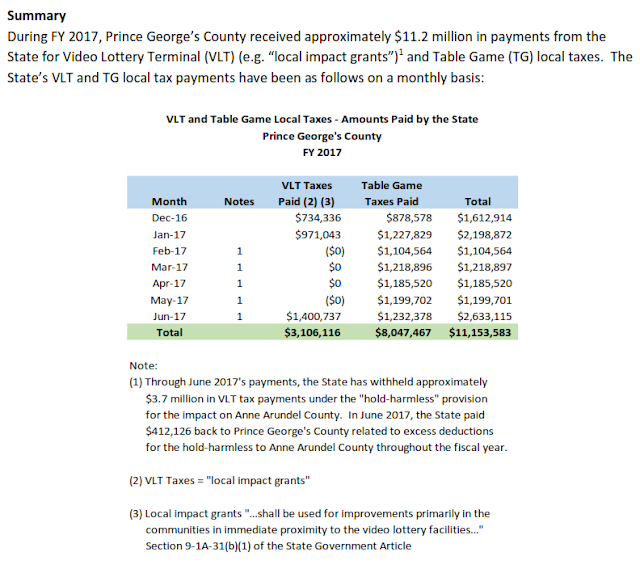(Click on the image for the USDA report)
By Sharon Durham, April 23, 2007
"Every kitchen has at some time or another been home to a sponge, that oh-so-versatile cleaning tool. It wipes up messes on countertops and absorbs liquid droplets quickly. Best of all, it's reusable.
However, that handy kitchen sponge can harbor more than moisture—things like foodborne pathogens, yeasts and molds. So Agricultural Research Service (ARS) scientists in Beltsville, Md., have tested several methods for reducing risks from harmful microbes hiding in reused sponges."
[Read the experiment at the link above]
Bottom line: "Microwaving sponges killed 99.99999 percent of bacteria present on them, while dishwashing [with a drying cycle] killed 99.9998 percent of bacteria."

























